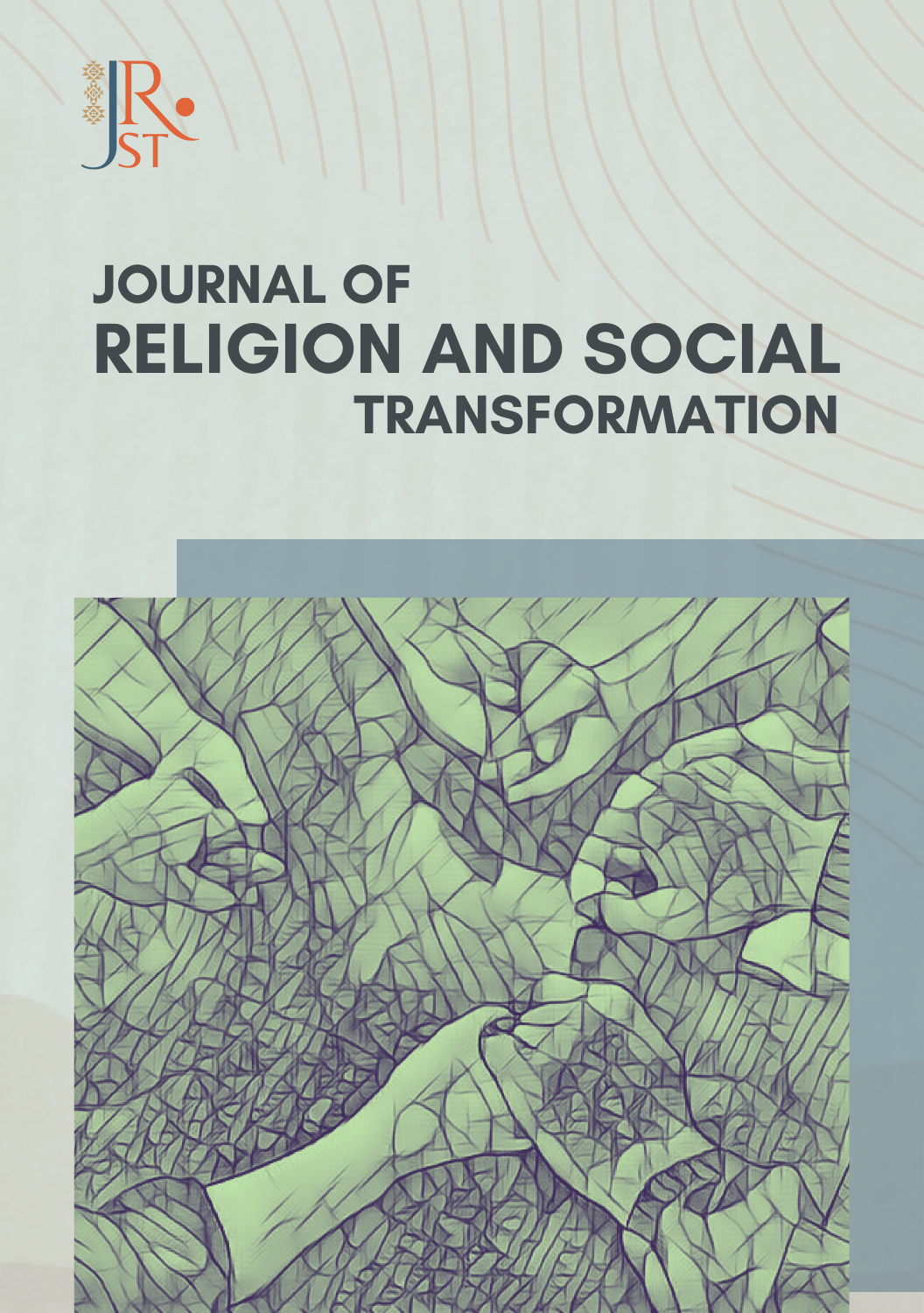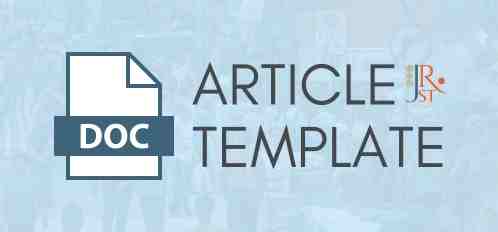Deradikalisasi Agama melalui Internalisasi Nilai Moderasi Beragama: Studi pada Kementerian Agama Kota Cirebon
DOI:
https://doi.org/10.24235/skfqz707Keywords:
religious radicalism, deradicalization, religious toleranceAbstract
Religious radicalism in Indonesia has emerged as an urgent issue in recent years, influenced by various political, social, economic, and religious factors. Although Indonesia is known for its diversity, the increase in radical activities is highly concerning. Key factors contributing to the spread of radicalism include political instability, social conflict, economic inequality, and religious extremism. The rapid dissemination of radical ideologies through social media and the internet further exacerbates the problem. Cirebon, a city in West Java, mirrors national trends with its own specific challenges. Political dissatisfaction, economic disparity, and radical religious teachings contribute to this issue. The Ministry of Religious Affairs (Kemenag) in Cirebon plays a crucial role in carrying out religious deradicalization through programs that promote moderation and religious tolerance. Kemenag's initiatives include interfaith dialogue, religious education reform, and close collaboration with law enforcement. These efforts aim to counter radical influences and foster a peaceful and diverse society. Despite the challenges, Kemenag's proactive measures and local-global collaboration are essential in mitigating the impacts of radicalism, ensuring security, and promoting social stability.
Downloads
References
Akhmadi, A. (2019). Moderasi Beragama Dalam Keragaman Indonesia Religious Moderation in Indonesia ’ S Diversity. Jurnal Diklat Keagamaan, 13(2), 45–55.
Arhanuddin Salim. (2023). MODERASI BERAGAMA Implementasi Dalam Pendidikan, Agama dan Budaya Lokal Penulis: Rumah Moderasi Beragama (Rmb) Lembaga Penelitian Dan Pengabdian Masyarakat (Lp2M) Iain Manado, 1–4. Retrieved from https://philpapers.org/rec/ISMMBI
Hafid, W. (2020). Geneologi Radikalisme Di Indonesia (Melacak Akar Sejarah Gerakan Radikal). Al-Tafaqquh: Journal of Islamic Law, 1(1), 31. https://doi.org/10.33096/altafaqquh.v1i1.37
Hutabarat, F. (2023). Navigating Diversity: Exploring Religious Pluralism and Social Harmony in Indonesian Society. European Journal of Theology and Philosophy, 3(6), 6–13. https://doi.org/10.24018/theology.2023.3.6.125
MUKTARUDIN, M. (2024). Penyitaan Dana Kotak Amal sebagai Barang Bukti Tindak Pidana Pendanaan Terorisme dan Peruntukannya Pasca Putusan Pengadilan (Analisis Putusan Pengadilan Negeri Jakarta Timur Nomor 981/Pid. Sus/2021/PN Jkt. Tim). Universitas Malikussaleh.
Muradi, & Akbar, I. (2019). Strategy of Cirebon city to prevent radicalism: An ethnographic study of the non-formal education system. International Journal of Innovation, Creativity and Change, 8(4), 248–260.
Nurdin, F. (2021). Moderasi Beragama menurut Al-Qur’an dan Hadist. Jurnal Ilmiah Al-Mu’ashirah, 18(1), 59. https://doi.org/10.22373/jim.v18i1.10525
Prof. Dr. H. Mudjia, R. M. S. (2011). Metode Pengumpulan Data Penelitian Kualitatif. Animal Genetics, 39(5), 1–4.
Rahmawati, A., Astuti, D. M., Harun, F. H., & Rofiq, M. K. (2023). PERAN MEDIA SOSIAL DALAM PENGUATAN MODERASI BERAGAMA DI KALANGAN GEN-Z. J-ABDI: Jurnal Pengabdian Kepada Masyarakat, 3(5), 905–920. https://doi.org/10.53625/jabdi.v3i5.6495
Rozi, S. (2019). Politik identitas : problematika dan paradigma solusi keetnisan versus keindonesiaan di Aceh, Riau, Bali, dan Papua. Bumi Aksara. Retrieved from https://books.google.com/books?hl=en&lr=&id=8IU_EAAAQBAJ&oi=fnd&pg=PP1&dq=politik+identitas+politik+identitas&ots=lJCQH6bbZx&sig=KGXxTyNTBD0hLDi5BZwc_txunjY
Saumantri, T. (2024). Pendampingan Masyarakat Dalam Upaya Menangkal Radikalisme dan Terorisme di Masjid Al-Jama’ah Komplek Bima Estate Kota Cirebon. Abdi Makarti:Jurnal Pengabdian Kepada Masyarakat, 3(1), 25–33.
Subchi, I., Zulkifli, Z., Latifa, R., & Sa’diyah, S. (2022). Religious Moderation in Indonesian Muslims. Religions, 13(5), 451. https://doi.org/10.3390/rel13050451
Thoyyib, M. (2018). Radikalisme Islam Indonesia. TA’LIM : Jurnal Studi Pendidikan Islam, 1(1), 90–105. https://doi.org/10.52166/talim.v1i1.636
Downloads
Published
Issue
Section
License
Copyright (c) 2024 Journal of Religion and Social Transformation

This work is licensed under a Creative Commons Attribution-NonCommercial 4.0 International License.





